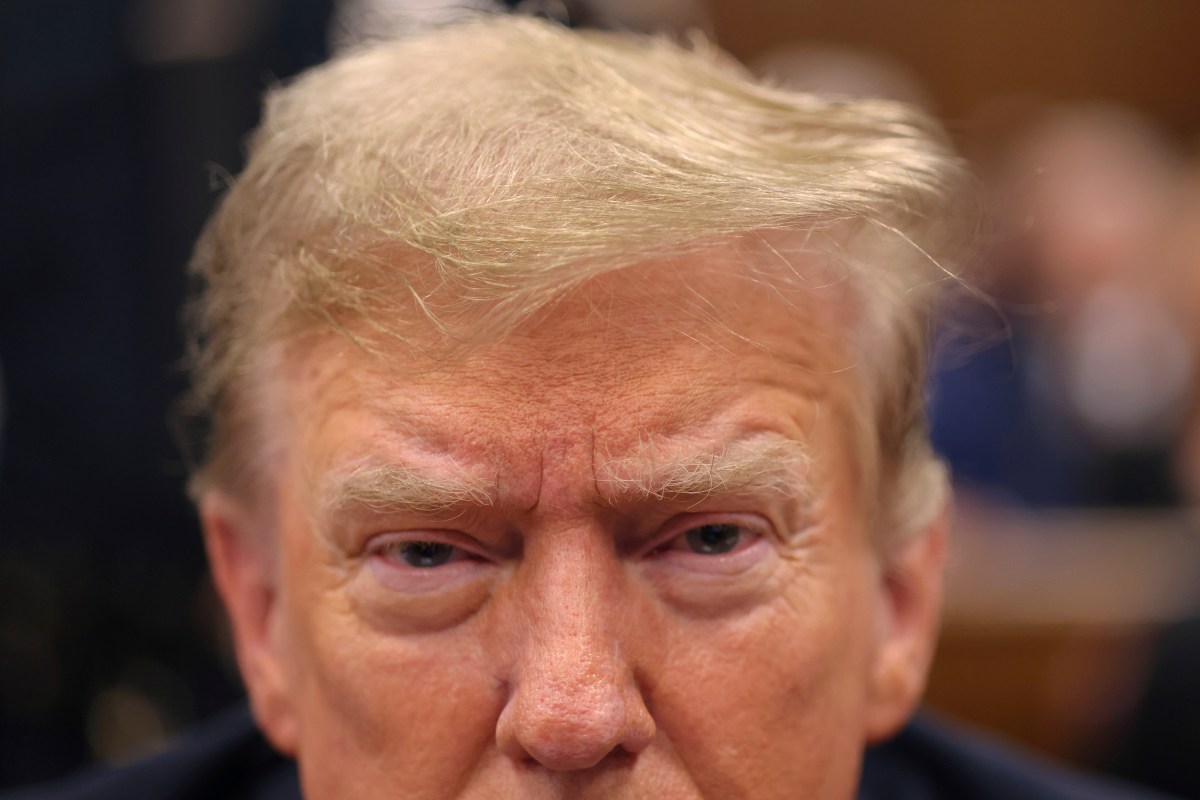- cross-posted to:
- usa@midwest.social
- politics@beehaw.org
- cross-posted to:
- usa@midwest.social
- politics@beehaw.org
Trump is a fascist. But the mainstream political press doesn’t want to say it. They want to act like 2024 is just another election year.
With their obsession with horse-race coverage, political reporters tend to judge what Trump says or does by whether his words and actions will help him politically. By doing so, the press is saying that Trump’s racism, corruption, criminality, and insane abuses of power matter only so far as his electability.
There are exceptions: major news organizations, including the New York Times and the Washington Post, have done some important stories about Trump’s dictatorial plans for a second term. But those investigative stories are drowned out by the chorus of horse-race stories — sometimes published on the same days and by the same news organizations behind more substantial coverage.
The media is sleepwalking.
I’ve often wondered how the press, both in Germany and around the world, failed to see Hitler for the monster that he was before he gained power. After Trump, I think I understand.



This is the best summary I could come up with:
In December, when his Fox News lackey, Sean Hannity, gave him an opportunity to dispel fears that he wanted dictatorial power, Trump instead offered a rare truth.
American journalists initially viewed Hitler as little more than a German version of Italian fascist dictator Benito Mussolini, who they saw as a blustering demagogue, yet also a leader who had helped save Italy from the economic chaos of the post-World War I era.
When Hitler first burst into German political life, the American press sought to downplay his importance by treating him as a joke; the Smithsonian notes how Newsweek called him a “nonsensical” screecher of “wild words” and that his appearance suggested “Charlie Chaplin.”
After years of losing to social media companies in the fight for advertising and attention and fending off a constant barrage of attacks from right-wing critics who seek to discredit their journalism, major news organizations have become increasingly insular.
A sudden surge in readership and viewership during the Trump administration has waned, while a drive to make newsrooms more diverse by hiring a wave of young progressive journalists has left older white editors embittered that the new generation has dared to challenge the status quo.
These efforts to build protective bubbles around their organizations at a time of unprecedented volatility in the news business seem to be at the heart of the refusal by the mainstream press to get out in front of the voters and take a stand on Trump.
The original article contains 1,626 words, the summary contains 244 words. Saved 85%. I’m a bot and I’m open source!